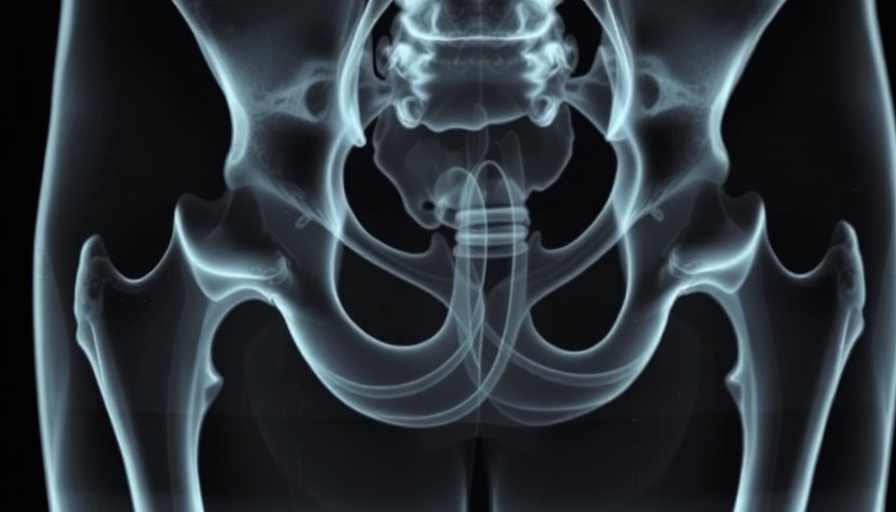
Understanding the Role of Exercise in Hip Osteoarthritis Management
Recent research sheds light on the management of hip osteoarthritis (OA), revealing that for those struggling with this painful condition, exercise might be the key component, with weight loss being less crucial than previously thought. A study published in the Annals of Internal Medicine examined the effectiveness of incorporating a very-low-calorie diet with exercise in treating hip OA, particularly among individuals aged 50 and older with a BMI above 27.
Insights From the Study: Exercise vs. Diet
The study involved over one hundred participants, all of whom experienced significant hip pain for at least three months and showed clinical signs of osteoarthritis. They were assigned to either a combination of a dietitian-supported ketogenic very low-calorie diet with a comprehensive exercise program, or an exercise program alone for six months. While the weight-loss group enjoyed an average loss of 8.5% more body weight, this did not correlate with any significant improvements in pain reduction at the six or twelve-month marks.
However, notable improvements were observed in both groups, with all participants reporting reduced hip pain severity. For many, the exercise-only group experienced a clinically relevant decrease in pain levels without the need for dietary restrictions, prompting a reevaluation of treatment strategies for hip OA.
Broader Perspectives on Osteoarthritis Treatment
The findings highlight an interesting paradigm in OA treatment strategies—emphasizing exercise's significant role over dietary interventions. According to study co-author Dr. Kim Bennell, while obesity is often linked with knee OA treatment outcomes, this research suggests that similar correlations might not apply to hip OA. There are unique biomechanical factors affecting the hip, making straightforward models from knee OA somewhat misleading.
The Implications of Not Dieting
This study not only casts doubt on the necessity of weight loss diets for hip OA but also raises the question of whether emphasizing weight loss could lead to unnecessary surgical interventions. Dr. Gillian Hawker and Dr. Kristine Godziuk point out that while pharmacotherapies may aid in weight management, they could inadvertently influence the speed at which patients seek surgical solutions. The ongoing discourse around these findings underscores the importance of personalized treatment paths in osteoarthritis management!
Practical Insights: What You Can Do
For individuals managing hip OA, incorporating regular exercise into your daily routine emerges as a vital strategy. Activities such as swimming, cycling, and even walking can enhance joint mobility while alleviating pain. Moreover, finding a supportive community or working with a physical therapist can make your exercise journey more enjoyable and effective.
As studies continue to evolve in this area, consulting with healthcare providers can tailor a treatment plan specific to your needs, focusing on movement rather than calories. It is essential that those with hip OA see exercise not only as a remedy but a way to reclaim their quality of life.
Conclusion: Take Action Towards a Healthier You
As exciting developments unfold in osteoarthritis research, it remains crucial for individuals to prioritize their health actively. Exploring the potential of exercise alone in managing pain may change perceptions and enhance treatment experiences. If you or someone you know is dealing with osteoarthritis, consider integrating more physical activity into your life and consult a professional for personalized guidance. Discover new ways to manage your pain and improve your mobility—every step counts towards a healthier tomorrow!
 Add Row
Add Row  Add
Add 



Write A Comment